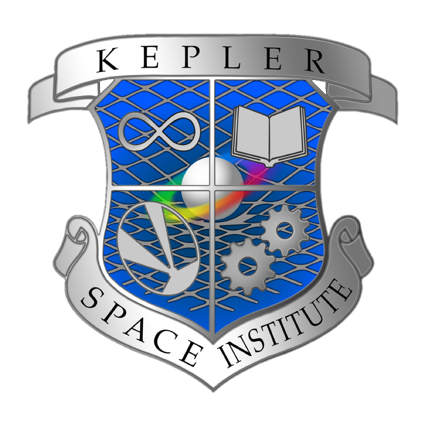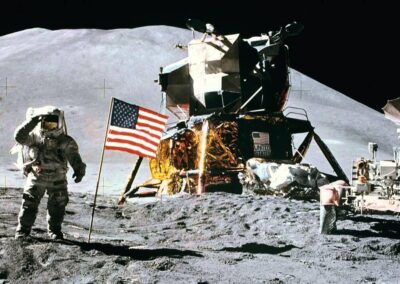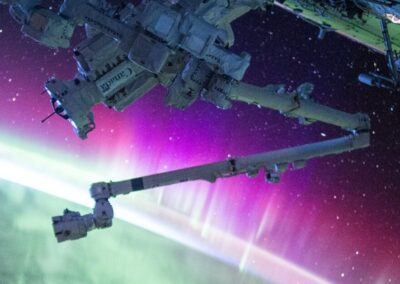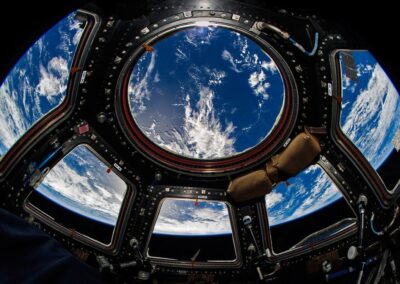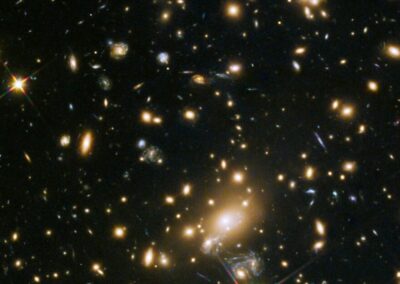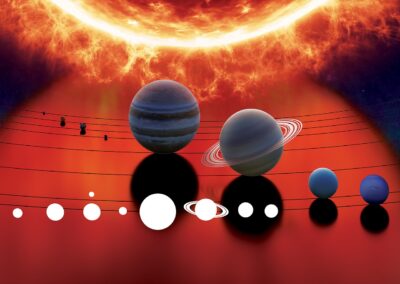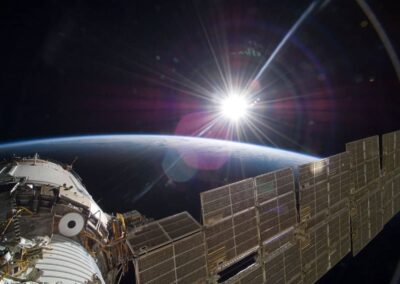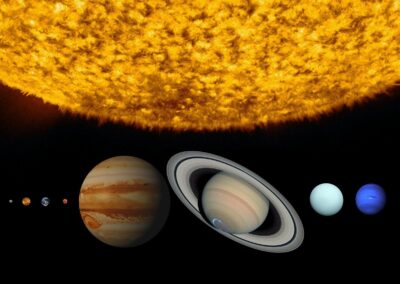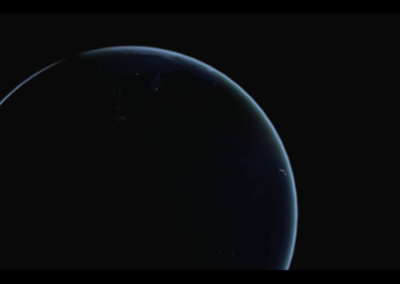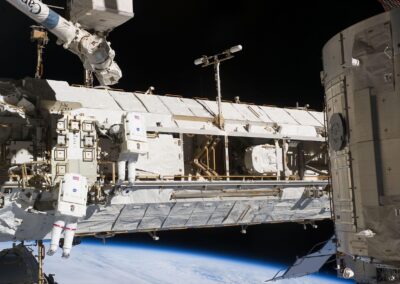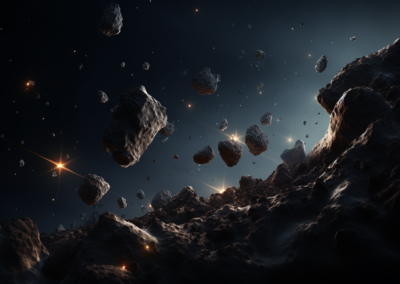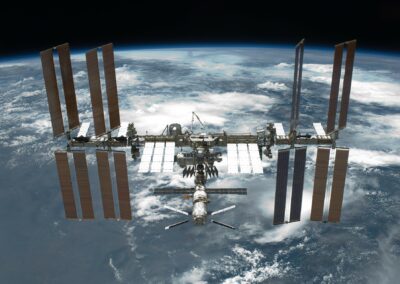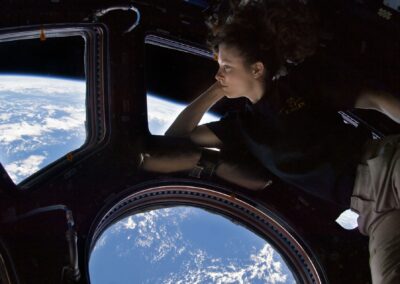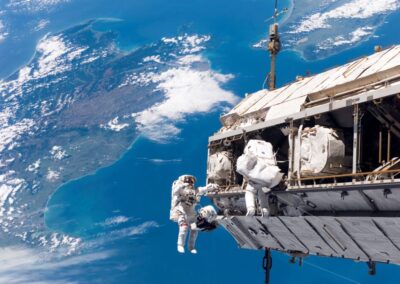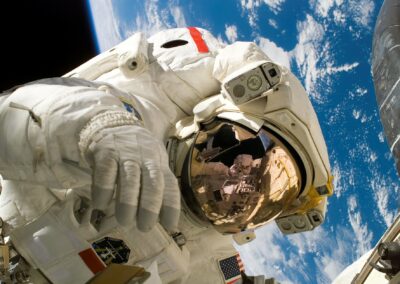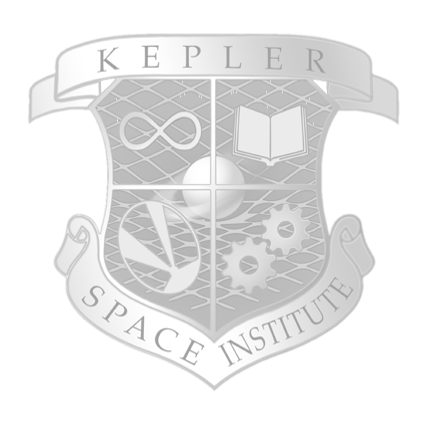Live Views of
Spaceship Earth
Frequently Asked Questions
SPACE EDUCATION
Program Completion
To be awarded a certificate, students must successfully complete four courses for a total of twelve hours of course credit. To be awarded a master’s degree, students must successfully complete twelve courses for a total of thirty-six hours of course credit.
Program completion dates are determined by the student’s course enrollment schedule and pace.
Class schedules, times, and dates are included in the course registration materials found atwww.KeplerSpaceInstitute.com. Specific information about course registration dates can be found in the Academic Calendar.
Academic Calender
To view Academic Calendar for Spring, Summer, and Fall Semester, click here.
Finances and Fees
Application Fee (one -time, nonrefundable): $150 Subscription to The Space Library (required each semester): $150 All Certificate Programs (four courses at $2,000 per course): $8,000 Graduation Fee Digital Graduate Certificate (one-time, non-refundable): $100 or Graduation Fee Digital and Hardbound Graduate Certificate (one-time, non-refundable): $250.
Total cost for Graduate Certificate Program is $8,150, $150 per semester for library fees, and graduation fee.
Total cost for Master of Science Degree Program is $24,150 plus $150 per semester for library fees and graduation fee.
All books and resources are covered under subscription to The Space Library. The Institute accepts only secure online payments via credit or debit cards or PayPal. Financial arrangements for the satisfaction of student account balances must be completed prior to the first day of classes.
All financial obligations must be satisfied.
Dates & Deadlines
Start dates for classes each semester are listed in the academic calendar which can be found in the Kepler Space Institute catalog.
Withdrawals
If an enrolled student wishes to withdraw from the Institute, dropping all courses, he or she must comply with the withdrawal process described below. Withdrawal covers all course enrollments for a given registration period regardless of their meeting schedule. The policy for dropping an individual course is described in the Student Withdrawal and Dropped Courses section on page 41 of the catalog. Students who leave the Institute without proper permission automatically suspend themselves and can be re-admitted only by special approval of the dean of the appropriate department. A grade of F is recorded for all courses when a student leaves without prior approved withdrawal.
Medical Withdrawal
Students seeking a medical withdrawal should contact the office of the Provost and Vice President for Student Affairs, which serves as administrator of medical withdrawals for all students. Students who are granted medical withdrawal will receive a grade of “W” assigned for each course. No credit is earned, and the grade point average is not affected. Medical withdrawals have no effect on the student account balance other than the normal withdrawal policies stated under the Student Withdrawal and Dropped Courses section on page 41 of the catalog. The medical withdrawal form is available on www.KeplerSpaceInstitute.com.
Official Student Withdrawal Procedures
- The student must complete the withdrawal process at least two weeks prior to the last day of classes in a semester. Students may not withdraw during the last two weeks of a semester.
- The withdrawal process is initiated with and must be approved by the dean of the program in which the student is enrolled. The withdrawal form can be found on www.KeplerSpaceInstitute.com.
- To complete the withdrawal process, the withdrawal form must be submitted to the dean of the program in which the student is enrolled. Once initiated, the withdrawal process must be completed within seven calendar days. No withdrawal forms will be accepted after 4:30 p.m. on the last day to officially withdraw during that semester.
- When a student completes the withdrawal process, it will be recorded on the permanent academic record as follows.
- If completed before the mid-term withdrawal date (see the Academic Calendar for specific date), a grade of W will be assigned for each course. No credit is earned, and the grade point average is not affected.
- If completed after the mid-term withdrawal date, a grade of WP or WF will be assigned for each course according to the instructor’s evaluation of the student’s performance to that point. WF’s are treated as credits attempted, and the grade point average is affected. WP’s do not affect the grade point average and no credit is earned.
- Students who stop attending class/completing assignments and do not use the official withdrawal process will have their refund held and will be placed on administrative probation until such time as their circumstances are reviewed by the provost or provost designee.
- In the event that there is no resolution of the refund, contact the organization listed below.
The Commission of Independent Education
Florida Department of Education
325 West Gaines Street, Suite 1414 Tallahassee, FL 32399-0400
Phone: 888-224-6688
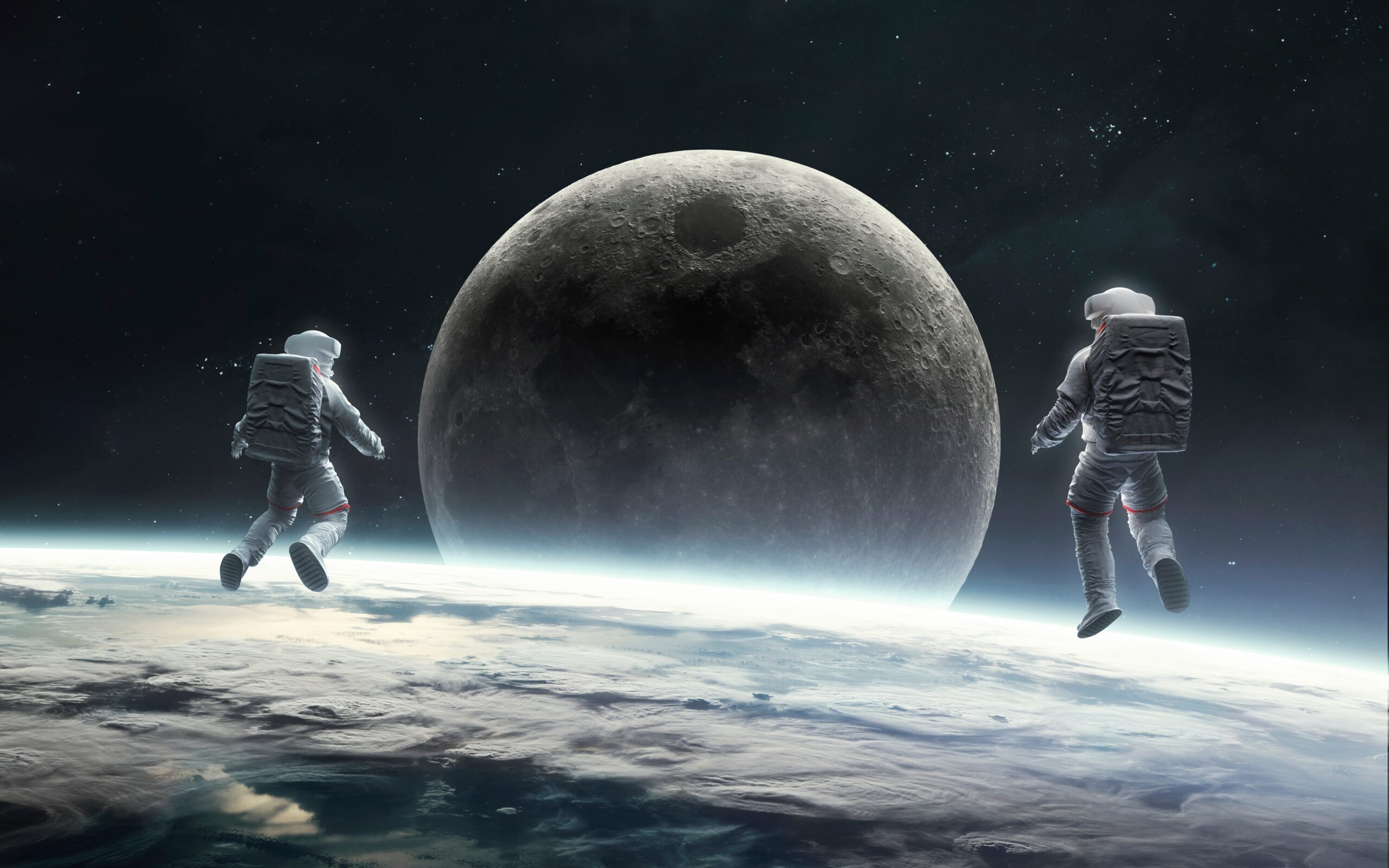
Training & Development
Cohort-based interdisciplinary training to address the needs of a rapidly evolving space industry. Our programs are designed with flexibility, accessibility and experiential learning in mind. Discover a unique experiential learning experience, that extends beyond boundaries, bridging students’ academic studies and professional aspirations.
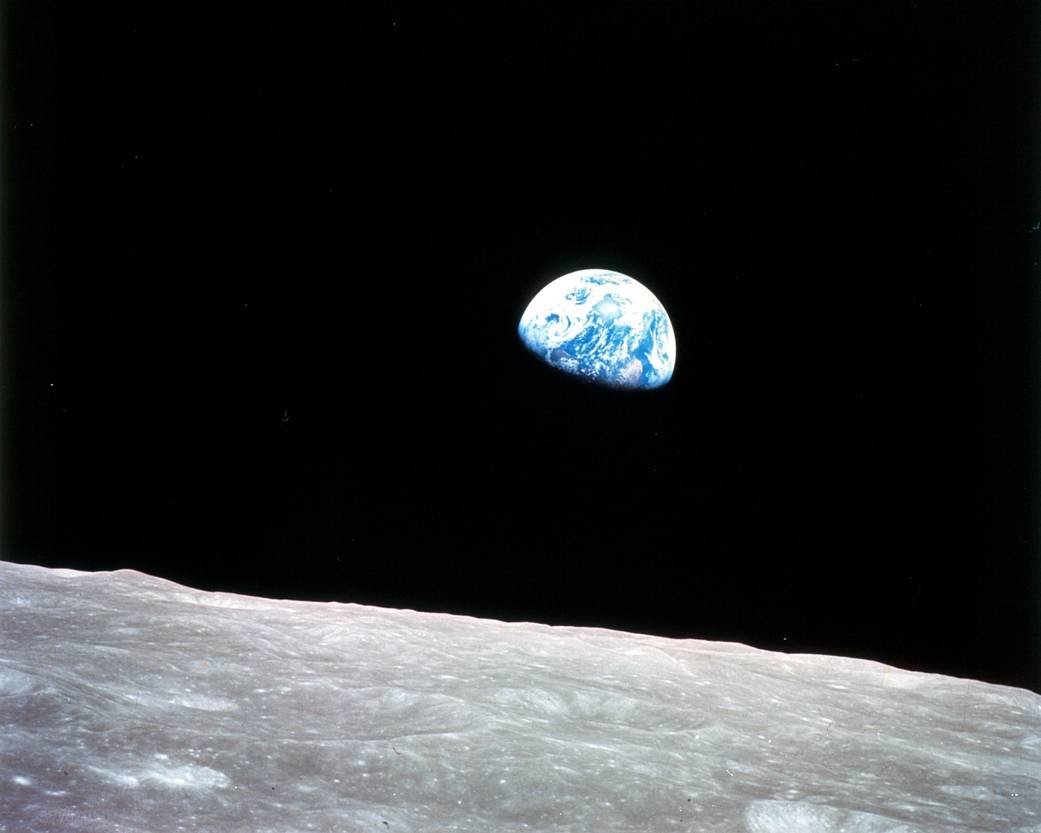
The Overview Effect: Past, Present, Future
The course will focus on the theory of the Overview Effect, as conceived and developed by Frank White, who will be the Instructor. The Structure of the Course is one two-hour meeting once a week for six weeks.

Space Experience Design
As the new frontier of Space exploration is becoming open to commercial travel, a new industry is being created as we speak. This workshop is an introduction to design issues in this new and exciting territory.

Omnology: The Study of Everything
Omnology: The Study of Everything – A course for the omnivorously curious scientific mind. Using the works of Howard Bloom as a catalyst and guide, discover the possibilities open to you when you follow all your curiosities at once.
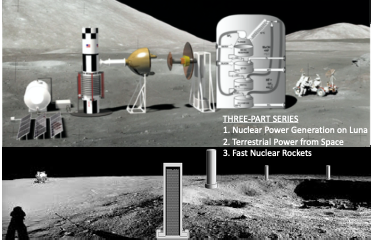
Ultra-Safe Nuclear Power in Space
This course presents and explores a new solution, whereby the nuclear fuel is created from minerals found naturally on the surface of the Moon, 384,000 km away.

Science of Laws for Space Development
The Spacefaring Age, defined as the expansion of humankind on to the space frontier, promises significant benefits and advances to the human condition. The course will focus on the The Spacefaring Age, the “Planet Moon Project,” the parameters that define laws, lawmaking, and systems of governance, and an introduction to the concept of the science of laws.
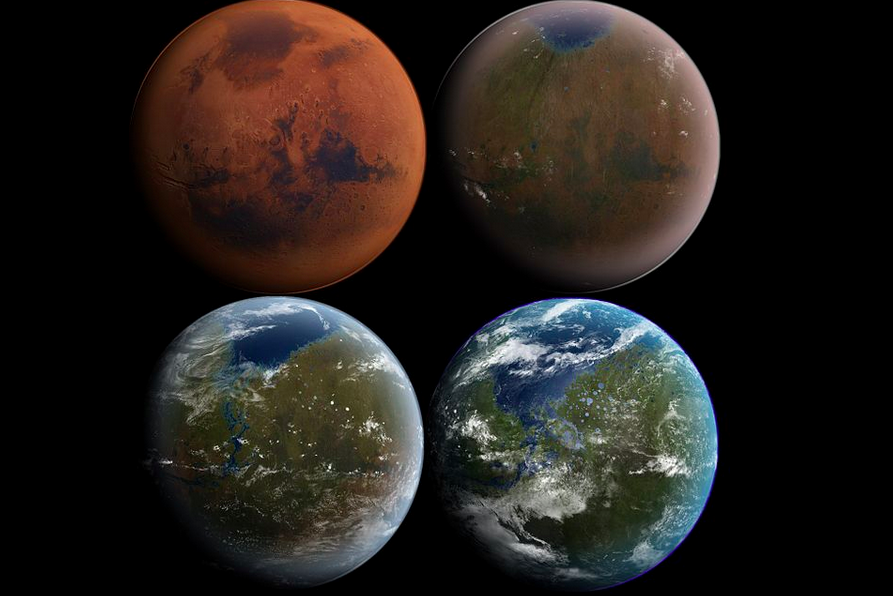
Mars: Mythology, Exploration, and Future Settlement of the Red Planet
This course will examine how our perceptions of Mars have evolved over time, how popular depictions of humans to Mars have changed, and what the future could hold for Martian settlers!
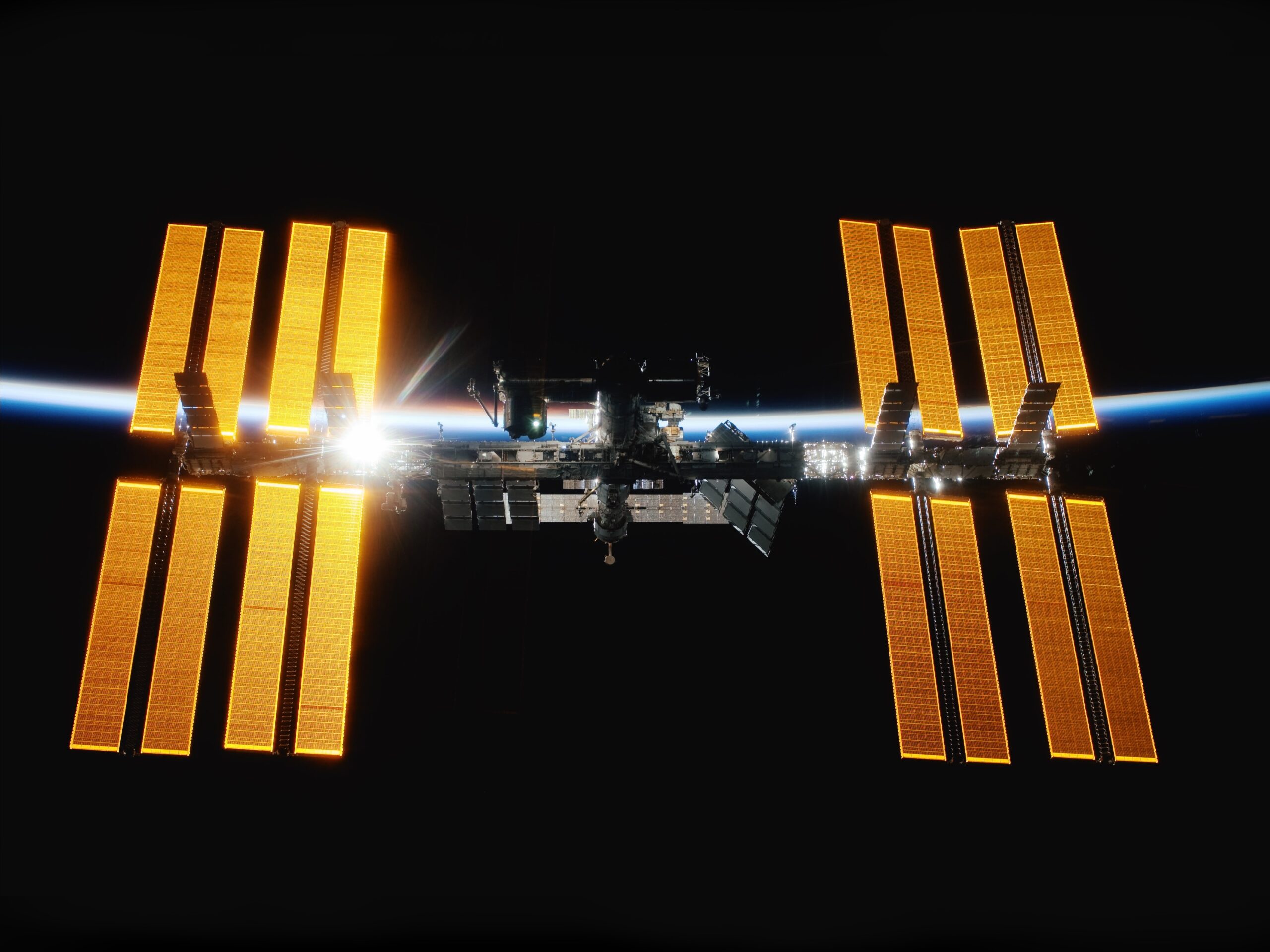
Low Earth Orbit Destinations
Envisioning the Space Stations, from public to commercial space architecture. The course will focus on the space architecture in Low Earth Orbit.
Space Programs
Chart Your Path
Master of Science – Space Science
Master of Science – Space Systems
Master of Science – Space Operations
Master of Science – Planetary Science
Kepler Scholars Program
Master of Science – Space Agriculture
Master of Science – Space Architecture
Graduate Certificate – Space Technology & Engineering
Master of Science – Space Resources
Community
